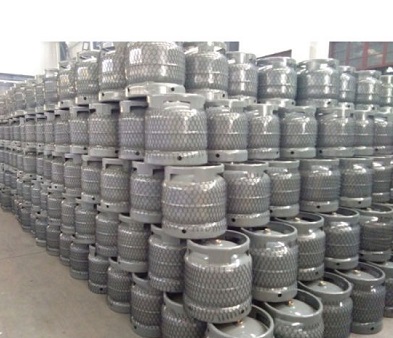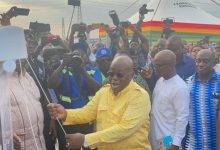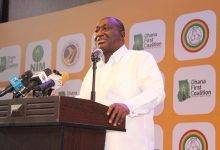
The government’s Cylinder Recirculation Model (CRM)policy will be rolled out in earnest, the third quarter of next year, the Head of Communication at the National Petroleum Authority (NPA), Mr Mohammed Abdul Kudus, has disclosed.
This follows the successful piloting of the policy in four regions across the country and identification of some bottlenecks that could hamper its smooth implementation.
The policy, expected to be rolled out in phases, forms part of measures to ensure the safety in the retailing, handling and usage of Liquefied Petroleum Gas (LPG) in the country.
Following the gas explosion at Atomic Junction on October 7, 2017 which resulted in the death of about seven innocent people and more than 20 people injured, the government announced the new policy as part of measures to reduce explosions through stringent monitoring mechanisms as well as create more job opportunities within the LPG value chain.
As part of the policy, the Ministry of Energy mandated NPA to constitute an implementation committee to plan, oversee and ensure it smooth and successful rollout across the country.
Speaking to the Ghanaian Times in Accra yesterday, Mr Kudus said the implementation of the policy remained a priority for the Chief Executive Officer(CEO)of the Authority, Dr Mustapha Abdul Hamid.
He explained that as part of the processes for the smooth rollout of the CRM, a committee had been constituted to engage across the spectrum all stakeholders within the LPG value chain.
“The consultations currently ongoing are a continuation of what was started by the previous CEO and it is to ensure the buy-in of all the stakeholders especially the Petroleum Gas Marketing Companies (LPGMCs),” he said.
Mr Kudus said that the whole value chain of the LPG subsector was made up of the Bulk Distribution Companies (BDCs), the bottling plant, the Liquefied Petroleum Gas Marketing Companies (LPGMCs) and the outlets.
He noted that at the time of the piloting, the bottling were not ready so a decision was taken to test the policy at the lower end of the chain which was from the exchange point to the final consumer and find out how it would play out.
He explained that, the rationale behind the new policy was to eliminate the situation where consumers often carried their empty cylinders to gas filling station to refill.
Mr Kudus said as part of the new policy, consumers would have to send their empty cylinders to designated retail outlets where they could exchange their empty cylinders with refilled ones.
“Operators of the depots help check the state of the cylinders before they are put back into the system for reuse and this will help deal with leakages and other things that lead to some of these explosions,” he emphasised.
He said once the new policy was fully rolled out no one was going to own a cylinder, stressing that “We only go and exchange what we have for a new one anytime our gas is finished.”
Mr Kudus said about three of the bottling plants would be ready by the third quarter of next year making it easy for a roll out.
BY CLIFF EKUFUL







